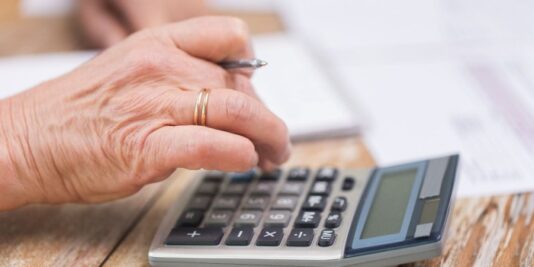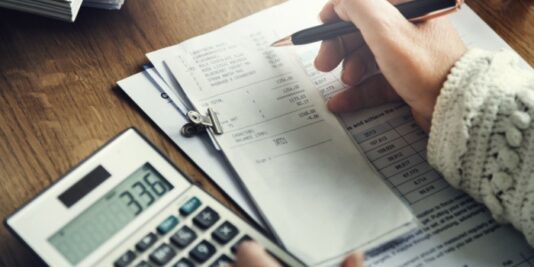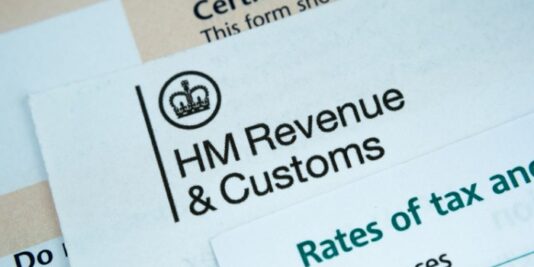Spring Budget scraps Pension Lifetime Allowance (LTA)
Published on 21st March ahead of the new tax year starting on 6th April, the Spring Budget 2023 introduced a range of reforms for pension tax allowances. With more scope for pension savings, these new measures mean it’s a good time to review your retirement planning strategy.
The pension tax change making the biggest splash is the scrapping of the Lifetime Allowance (LTA) for pensions. This tax-free cap has been the cornerstone of pension tax planning since 2006, but rather than increasing the allowance to help pension savers, Chancellor Jeremy Hunt made the surprise move of abolishing the Pension LTA altogether.
The Spring Budget announcement also included several other significant adjustments to pension rules for the 2023–2024 tax year and beyond. Let’s take a look at the new measures to explore how they might affect you and your financial plans for retirement.





